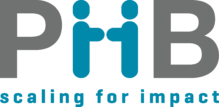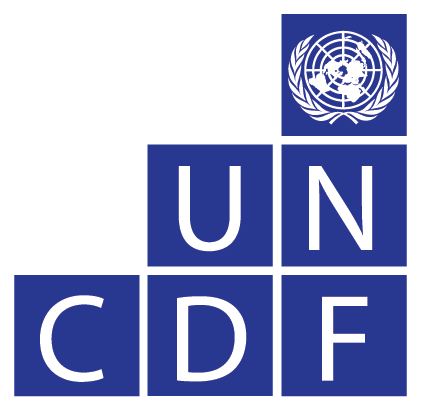
Leveraging Gender Balance for Zoona Malawi
Zoona and UNCDF MM4P intend to increase women’s livelihood, by increasing the number of women agents and tellers within the Malawian DFS Ecosystem. By doing so, UNCDF/ MM4P will also contribute to the increased percentage of Malawian women adults that are financially included, as women customers tend to be more comfortable approaching women agents and tellers.
Context:
Zoona and UNCDF MM4P intend to increase women’s livelihood, by increasing the number of women agents and tellers within the Malawian DFS Ecosystem. By doing so, UNCDF/ MM4P will also contribute to the increased percentage of Malawian women adults that are financially included, as women customers tend to be more comfortable approaching women agents and tellers.
Objectives:
The project aims to help Zoona optimize the gender balance of agents, tellers and customers by designing and piloting tools and resources aiming at reducing hindrances to female participation to the Zoona agent and teller ecosystem. The project revolves around: Designing and piloting a recruitment strategy and set-up partnership to expand the number of potential women agent & teller applicants; Designing and piloting a career pathway to increase the number of performing women teller and agents; Integrating and developing a database to track the performance of agents and tellers.
Deliverables:
- The project set up and a comprehensive review of previous work:
- Gap analysis to implement the agent recruitment strategy and career pathway within Zoona (covering: previous HCD research, existing systems (IT), strategies and processes).
- Preparing the Pilot:
- Customisation of the database.
- Development of SoP and templates in a user-friendly format to explain the use of the database and how agent and tellers shall report to HQ.
- Design of a recruitment strategy including processes, procedures templates and key requirements.
- Design of a career pathway curricula including Guidelines career development Curricula Training method.
- Design of marketing and communication materials outlining the opportunity and requirements for the career path.
- Pilot Test.
- Training of trainers for relevant staff and training to agents and tellers provided in selected areas.
- Adjustment of a database and procedures in line with pilot results.
- Adjustment of a career pathways curricula in line with the pilot results
- Pilot-test review and evaluation reports.
- Pilot closing and roll-out.
- Definition of a set of strategies and tools/resources to implement and scale-up to leverage the assets of women agents/tellers to address their KPIs.
- Define a roll-out plan outlining key steps and main activities to assure the successful scale-up of the project.
- Define key recommendations and findings.
- Knowledge Management (video, blogs, etc.)
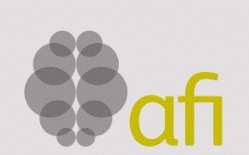
Study and recommendations for regulators to drive the digital transformation of microfinance in Africa
The intersection of digital technologies and microfinance is one of the focus areas of AFI, especially given the opportunities technology provides in enhancing microfinance institutions (MFIs), at the MFI level (improved efficiency, reduced costs, etc.) and at the customer level (convenience, digital footprint, etc.). AFI commissioned this study to provide more efficient and relevant guidance to its members (financial regulators and supervisors) in the area of digitization of microfinance services.
Context:
The intersection of digital technologies and microfinance is one of the focus areas of AFI, especially given the opportunities technology provides in enhancing microfinance institutions (MFIs), at the MFI level (improved efficiency, reduced costs, etc.) and at the customer level (convenience, digital footprint, etc.). AFI commissioned this study to provide more efficient and relevant guidance to its members (financial regulators and supervisors) in the area of digitization of microfinance services.
Objectives:
The objective of this study is to underscore the role of technology in enhancing, efficiency and viability of the microfinance industry in Africa. It seeks to understand the synergy between digital financial services and microfinance institutions and develop policy and regulatory recommendations that facilitate the digital transformation of microfinance services to deepen financial inclusion in Africa.
Deliverables:
- Production of outline and methodology for the study
- Literature review
- 10+ stakeholder interviews among MFIs, MNOs, and Fintechs
- Report writing and publication
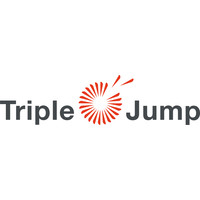
Tablets for SEF
SEF, the Small Enterprise Foundation in South Africa is a non-profit MFI founded in 1991. It provides group loans using an adapted Grameen methodology. SEF has a holistic approach to poverty reduction and uses the Participatory Wealth Ranking (PWR) system to reach the poor. Without serious competition in the MF sector, SEF has a strong market position, shown by its deep social outreach, 160k customers (average 8% growth per year) and portfolio of EUR 27.8M GLP (PAR 0.4%)2. Since 2015 SEF is fully operationally and financially sustainable. SEF now requests TJAS support for the implementation of Digital Field Applications (DFA) for its field staff.
Context:
SEF, the Small Enterprise Foundation in South Africa is a non-profit MFI founded in 1991. It provides group loans using an adapted Grameen methodology. SEF has a holistic approach to poverty reduction and uses the Participatory Wealth Ranking (PWR) system to reach the poor. Without serious competition in the MF sector, SEF has a strong market position, shown by its deep social outreach, 160k customers (average 8% growth per year) and portfolio of EUR 27.8M GLP (PAR 0.4%)2. Since 2015 SEF is fully operationally and financially sustainable. SEF now requests TJAS support for the implementation of Digital Field Applications (DFA) for its field staff.
Due to its focus on rural and poor segments, SEF works widely spread over the region in 5 SA provinces, with 79 branches. Efficient operations and improved communication within the organization are increasingly challenging. SEF’s Board has embarked on a strategy to leverage technology to support SEF operations optimally: tablets for the 500+ loan officers will be introduced.
Objectives:
To support SEF’s digitization objective by providing support for the pilot and the planning and preparation for the full rollout of DFA to the SEF field staff and to validate the chosen (IT) approach. Specific Objectives:
- Digitise the loan application process.
- To validate the chosen DFA business model and selected services, also linked to the overall SEF strategy and to validate SEF’s IT/MIS readiness for the DFA channel and other digitization ambitions.
- To support the DFA pilot in the areas of IT support, change management & business process redesign, training.
- To develop the Implementation Plan for the full-roll out of DFA.

Digital Transformation of Microfinance and Digitization of Microfinance Services to Deepen Financial Inclusion in Africa
Understand the synergy between digital financial and microfinance institutions in providing access to finance to individuals and small businesses

Context: Understand the synergy between digital financial and microfinance institutions in providing access to finance to individuals and small businesses
Objective: The overall objective of this consultancy assignment is to underscore the role of technology in enhancing, efficiency and viability of the microfinance industry in Africa.
Deliverable: Created a report on the digital transformation of microfinance and digitization of microfinance services to deepen financial inclusion in Africa. Developed policy and regulatory recommendations that facilitate the digital transformation of microfinance services to deepen financial inclusion in Africa and pave the way toward the advancement of strategic collaboration for AFI and its partners in the Africa region
Context: Review the market in West Bank for establishing and engaging a banking services company. The remit of this company would include the operation of a national switch and management of the POS and merchant acquiring.
Objective: Assess the payments landscape in Palestine and advise on how technology could cost-effectively enhance the reach of banking and payment products.
Deliverables: Produced report addressing the future of financial inclusion and recommendations on how to expand the service at POS; create a national and interoperable switch and prevent information asymmetries that limit access to credit.
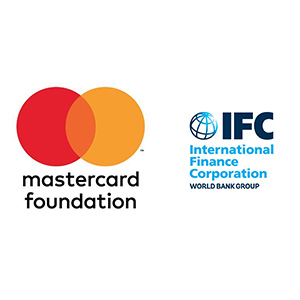
Evaluate scaling-up financial services delivery program
In cooperation with The MasterCard Foundation, the International Finance Corporation (IFC) is implementing a program intended to accelerate the reach of financial services for the poor in sub-Saharan Africa, through two main workstreams.

Context: In cooperation with The MasterCard Foundation, the International Finance Corporation (IFC) is implementing a program intended to accelerate the reach of financial services for the poor in sub-Saharan Africa, through two main workstreams. The first aims to support significant scaling up of reach and diversification of product offerings of eight of IFC’s strongest microfinance partners, with an additional two funded under a separate window from the Development Bank of Austria, for a total of 10 MFIs supported by the program. The second focuses on assisting banks and/or mobile network operators to offer financial services at significant scale using alternative delivery channels (ADCs) such as agent and mobile banking channels
Objective: The evaluation will provide the IFC Sub-Saharan Africa Office, the Access to Finance (A2F) Business Line, the MasterCard Foundation and the participating institutions (mainly MFIs and MNOs) with sufficient information to: Make an independent assessment both at mid-term and ex-post about the performance of the Partnership; Identify key lessons and propose recommendations for course correction and follow-up actions; Assess the effectiveness of the Knowledge Management component of the Partnership. Specifically, the paper will analyze how MFIs implement MFS channels with the goal to achieve profitable growth, and document the primary operational and institutional challenges of implementing new channels and key issues for MFIs to consider.
Deliverables: 1a) A theory-based, process orientated mid-term Evaluation of the IFC-MasterCard Foundation Partnership. This Evaluation addresses 5 evaluation criteria: four standard OECD-DAC criteria (relevance, effectiveness, efficiency, and sustainability), as well as the standard IFC dimension of additionality. The main aim of this study is to provide recommendations for timely course corrections. 1b) A theory-based, summative final Evaluation of the IFC-MasterCard Foundation Partnership. This Evaluation addresses 6 evaluation criteria: five standard OECD-DAC criteria (relevance, effectiveness, efficiency, impact and sustainability), as well as the standard IFC dimension of additionality. 2) Business Case study for MFIs implementing ADCs with the goal to achieve profitable growth. The study collects data, analyze and document the evolution of ADC implementations over the course of their participation in the scaling program.
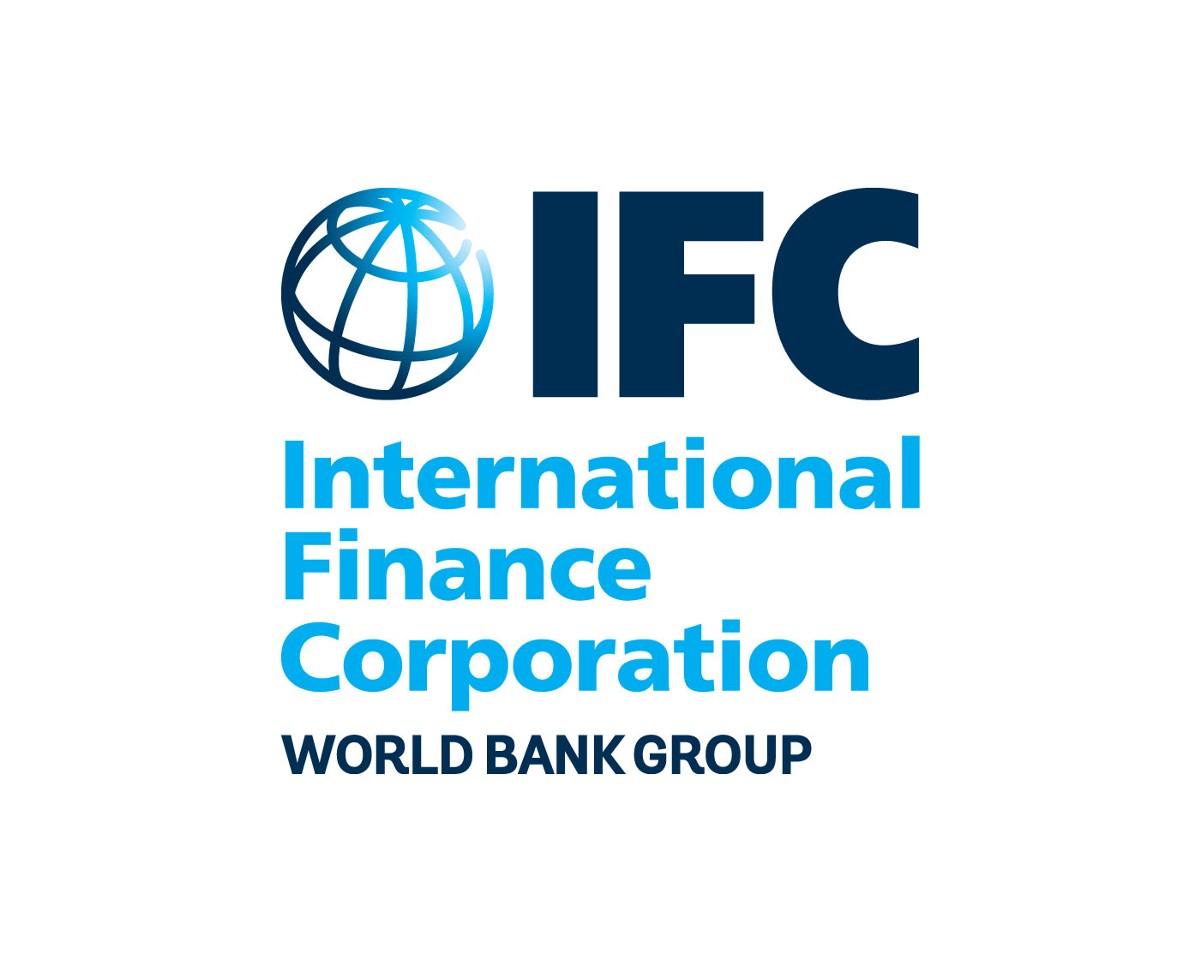
Program Evaluation Wizzit expansion in Southern Africa and Capacity Building
WIZZIT was supported through a three year IFC advisory services project: providing operational and managerial capacity building, designing a local and regional expansion strategy, and developing a micro-lending product delivered through WIZZIT’s mobile platform.
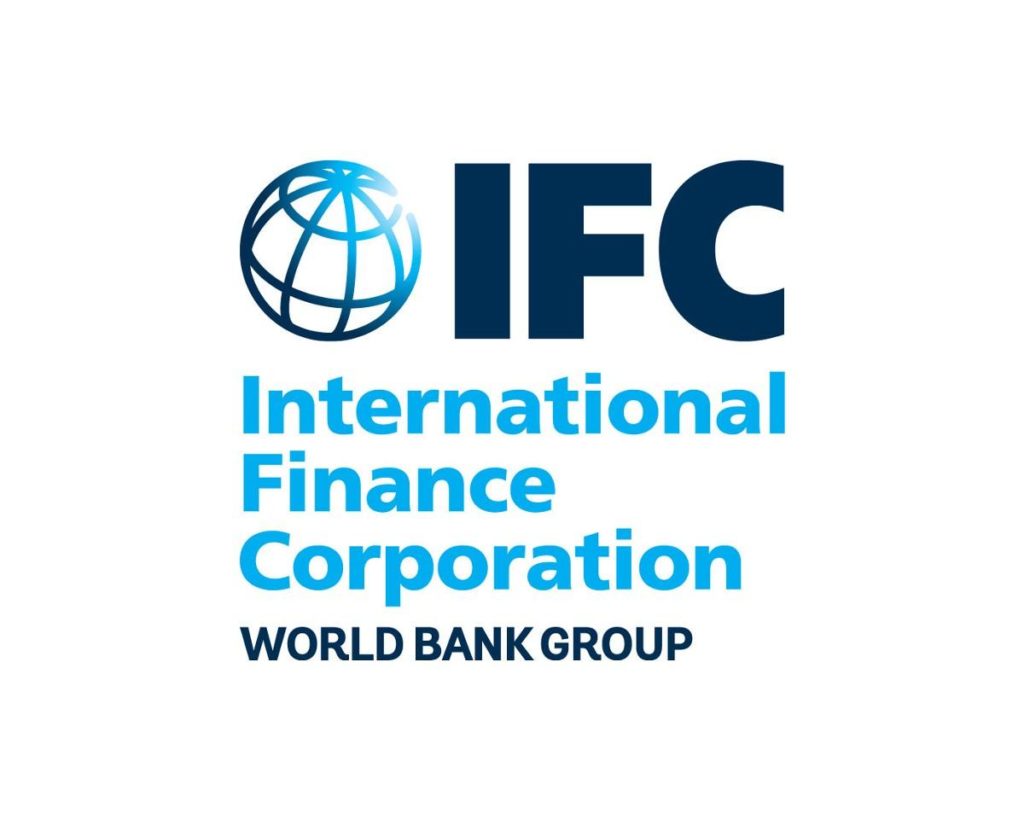
Context: WIZZIT was supported through a three year IFC advisory services project: providing operational and managerial capacity building, designing a local and regional expansion strategy, and developing a micro-lending product delivered through WIZZIT’s mobile platform.
Objective: Assess the design and delivery of the WIZZIT model and results towards intended outputs and outcomes.
Deliverables: Evaluation outlining the key lessons and improved understanding of the impact on mobile banking uptake in South Africa and how its design can be enhanced to maximize impact; Recommendations for replication elsewhere in Sub-Saharan Africa.
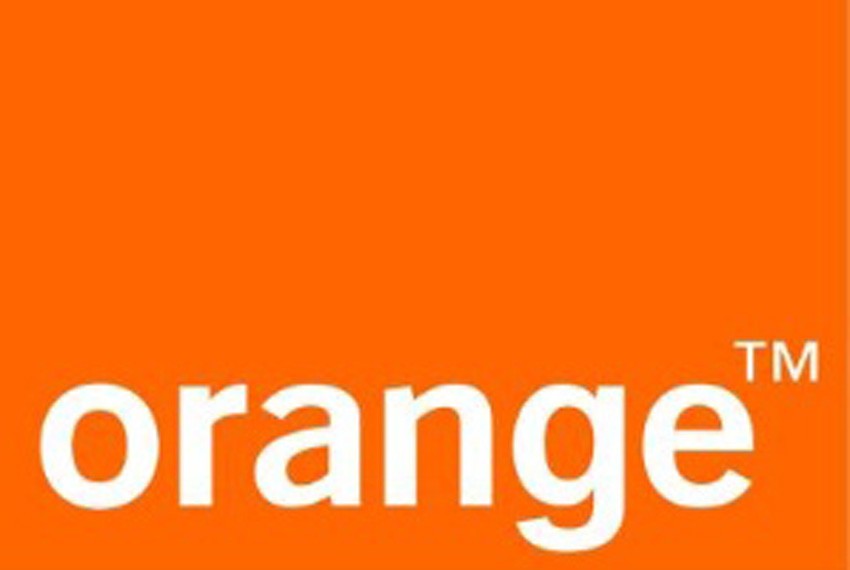
Drafting of a Comprehensive Regulatory Framework for E-Money Namibia
Central Bank of Namibia wanted to develop a regulatory framework for mobile and e-money related services that would enable financial inclusion, whilst ensuring appropriate security for payment systems.

Context: Central Bank of Namibia wanted to develop a regulatory framework for mobile and e-money related services that would enable financial inclusion, whilst ensuring appropriate security for payment systems.
Objective: assist the Central Bank to define clear, unambiguous and comprehensive regulations for e-money, governing banks and non-banks.
Deliverables: drafted regulatory framework for e-money and led workshops with stakeholders, including the Central Bank to set the final regulations, guidelines and criteria.
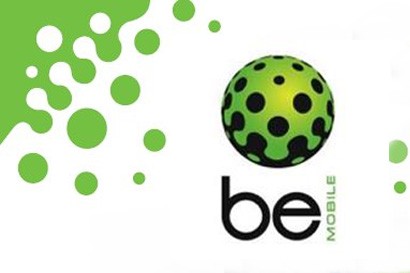
Go to Market Strategy to offer Mobile Financial Services (MFS) in Botswana
beMOBILE, the third largest mobile network operator, wanted to understand the potential in launching mobile financial services..

Context: beMOBILE, the third largest mobile network operator, wanted to understand the potential in launching mobile financial services.
Objective: provide an assessment of the MFS marketplace, define a market entry strategy and assist in the implementation.
Deliverables: a review of regulatory environment and implications; analysis of market demand (existing alternatives and gap analysis); partnership recommendations (specifically for distribution); product definition and roadmap; marketing plan; financial business case; agent strategy and training; pricing and commissions and project management support.

Program Evaluation Wizzit expansion in Southern Africa and capacity building
The WIZZIT program aims to provide access to low-cost financial services through the use of mobile technology.

Context: The WIZZIT program aims to provide access to low-cost financial services through the use of mobile technology. WIZZIT is currently being supported through a three year IFC advisory services project which focuses on providing operational and managerial capacity building, designing a local and regional expansion strategy, and developing a micro-lending product that will be delivered through WIZZIT.s mobile platform by June 2013.
Objective: The IFC support intends to enable WIZZIT to: Increase its mobile banking product uptake from 270,000 to 600,000 mobile accounts in South Africa; Develop and pilot a micro-credit product to extend access to credit to 500 SMEs; and Expand WIZZIT services to four new markets in Africa, each with 150,000 mobile bank accounts.
Deliverables: The mid-term evaluation of the WIZZIT expansion and capacity building program will provide PEP Africa management and SECO with an assessment of the design and delivery of the WIZZIT model and early results towards intended outputs and outcomes. The evaluation will also outline the key lessons learned from the WIZZIT program to date in order to improve understanding of the impact of this program on mobile banking uptake in South Africa and how its design can be enhanced to maximize impact and for replication elsewhere in Sub-Saharan Africa. The team will evaluate the program in terms of its relevance and rationale, efficiency, effectiveness, impact, and sustainability. From this assessment, we will also identify key lessons learned. We note that these evaluation criteria are in line with OECD/DAC criteria for evaluating development assistance.
